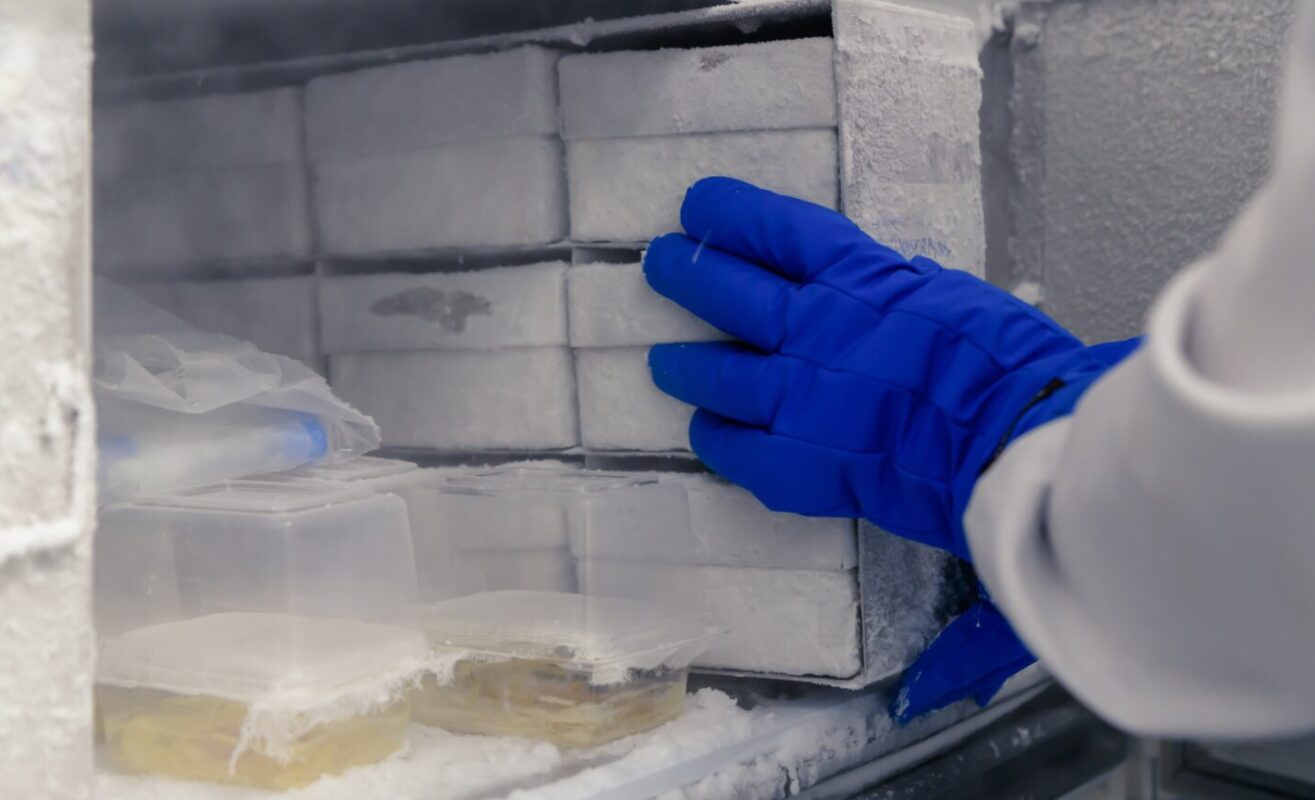Laboratory Equipment
Laboratory Cold Storage Solutions: Choosing the Right Refrigerators and Freezers
Proper cold storage is essential for maintaining sample integrity, ensuring the efficacy of medications, and ensuring the reproducibility of research. From clinical labs to research facilities, selecting the right laboratory refrigerators and freezers ensures temperature-sensitive materials are stored safely. With options ranging from compact undercounter units to ultra-low temperature freezers, lab managers must balance capacity, performance, and operational requirements.
This guide breaks down the key considerations for selecting laboratory cold storage solutions, covering types, features, and expert tips to optimize your workflow.
Assess Your Cold Storage Requirements
Before selecting any unit, evaluate your storage needs:
- Sample type and temperature range: Different samples—such as vaccines, plasma, reagents, or chemical standards—require specific temperature conditions, including dual-zone storage for multi-purpose labs.
- Volume and throughput: High-volume labs benefit from large-capacity units, while smaller labs can use compact or undercounter refrigerators and freezers.
- Visibility and accessibility: Glass doors provide quick visual access, while solid doors offer better insulation and security.
- Regulatory compliance: Labs storing pharmaceuticals or biological materials must meet GLP, ISO, or FDA standards.
Pro Tip: Maintain a detailed inventory of stored items to determine unit size, shelving configuration, and temperature zones.
Laboratory Refrigerators: Key Options
Laboratory refrigerators store reagents, medications, and biological samples at consistent temperatures. Consider these types:
- Solid Door Refrigerators: Highly insulated for stable temperature storage, ideal for critical reagents or hazardous materials.
- Glass Door Refrigerators: Allow visual monitoring of inventory, simplifying workflow in clinical, research, or shared lab spaces.
- Stainless Steel Units: Durable and easy to clean, these units are ideal for high-traffic environments.
- Undercounter or Compact Refrigerators: Space-saving solutions for smaller labs or benchtop areas.
- Dual-Temperature or Combination Units: Feature separate zones for refrigeration and freezing, providing flexibility in one compact footprint.
Laboratory Freezers: Key Options
Freezers maintain low temperatures for plasma, reagents, and other sensitive biological samples:
- Manual and Auto-Defrost Freezers: Auto-defrost reduces maintenance and ice buildup; manual-defrost models may be more energy-efficient in specific laboratory setups.
- Ultra-Low Temperature Freezers: Maintain temperatures as low as -80°C, ideal for long-term storage of DNA, RNA, plasma, or other temperature-sensitive samples.
- Flammable or Hazardous Location Freezers: Built for safe storage of volatile chemicals, meeting strict safety standards.
- Pharmacy/Vaccine Freezers: Designed for medication or vaccine storage, offering temperature stability, organized shelving, and easy access.
Features to Look for in All Cold Storage Units
When selecting lab refrigerators and freezers, focus on:
- Precise Temperature Control: Digital controls, touchscreens, and alarms help maintain stability.
- Energy Efficiency: Units that minimize power consumption without compromising performance.
- Capacity & Organization: Adjustable shelving, interior lighting, and compartmentalized storage improve workflow efficiency.
- Durability & Compliance: Stainless steel or reinforced designs suitable for high-use or hazardous environments.
- Maintenance & Service: Easy-to-clean interiors and seller support reduce downtime and simplify upkeep.
Best Practices for Laboratory Cold Storage
- Regular Calibration: Ensure all units are calibrated to maintain precise temperature ranges.
- Organized Inventory: Label items and use compartmentalization to reduce retrieval times.
- Continuous Monitoring: Use alarm systems or data loggers to prevent accidental temperature excursions.
- Redundancy Planning: Backup storage or duplicate units protect critical samples from equipment failure.
- Work With Trusted Suppliers: Choose vendors offering high-quality, curated products, fast fulfillment, and reliable technical support.
Conclusion
Choosing the right laboratory cold storage solution involves matching the equipment to your lab’s operational needs, sample types, and workflow requirements. Whether you need glass door refrigerators for quick inventory checks, solid door freezers for long-term storage, or ultra-low temperature freezers for sensitive biologicals, informed decisions ensure sample integrity, regulatory compliance, and operational efficiency.
By focusing on temperature stability, capacity, energy efficiency, and vendor support, lab managers can create a reliable, organized, and future-ready cold storage environment that keeps research and clinical work running smoothly.
Browse our cold storage solutions
